A small business applies for a loan. The bank responds in days. The competitor responds in hours. By the time the offer comes through, the business has already been funded by a lender who responded in 24 hours.
This kind of scenario still plays out. And every time it does, banks, weighed down by legacy systems and manual workflows lose more than just a deal. They lose relevance. Today, commercial banking is under pressure. Neo-banks are gaining ground, compliance requirements are expanding, and customer expectations are rising. The challenge isn’t just delivering faster loans. It’s building the internal infrastructure that allows banks to act quickly and make better decisions.
Few people understand this better than Tim Mussche, AVP for Continental Europe at nCino, a company helping banks rethink how they work from the inside out.
“Even if banks have improved their workflows, we’re still playing catch-up with the neo-banks,” Tim told us. “Some incumbents went from 60 days to 15 days to disburse a loan. But the fintechs, they’re at one day.”
Most banks aren’t lacking technology. They are overloaded with it. Legacy platforms, disconnected systems, credit processes still running on spreadsheets and email. It all adds up to a slower experience for both bankers and customers.
“A banker says, ‘I’d love to do business with you. Come back in a week.’ Meanwhile, the customer’s already gone,” Tim said. “Speed wins, even if the pricing isn’t better.”
Speed also means being able to respond to change. New regulations. New customer behavior. A shift in the economic climate. Banks need to adapt without triggering another round of internal disruption.
That is where nCino’s platform plays a role. It is designed not just to digitize existing processes but to support continuous change.
“You can’t build AI on top of Excel,” Tim said. “ We have focused on building an architecture that gives banks access to real-time data across the entire lending process. That’s how we unlock predictive models, automated memos, and actual business insights.”
By having structured data at the core, nCino allows banks to use AI in ways that matter. It helps automate repetitive risk assessments, generate narratives for credit memos, and assist with early decision-making. It does not replace the banker. It helps the banker work faster and smarter.
Join us in Copenhagen for an Exclusive Breakfast Seminar on the future of Credit Risk and Lending for commercial banks. Register your interest here
The potential impact is especially visible in underserved segments like SMEs.
For years, SME banking was handled the same way as corporate banking. Paper-heavy, manual, slow. But small businesses now expect digital-first experiences. They want quick decisions and self-service tools. Serving this market requires a lower cost-to-serve model. It also requires smarter automation.
“The SME used to go to the branch, fill out forms, and wait weeks,” Tim said. “But now, they want to bank like individuals, on an app, with immediate responses. That requires end-to-end automation. You can’t serve this segment with old processes.”
This same approach is now being extended to mortgage lending and retail products, where expectations are shifting quickly.
“We started with commercial lending, but now we’ve expanded into areas like mortgages,” Tim said. “The idea is the same. Make it flexible. Make it fast. Remove the unnecessary steps.”
This is the kind of change that requires more than software. It takes a shift in how institutions think about process, data, and people. That is why nCino works closely with implementation partners who understand both banking and technology. It is also why the company stays closely engaged with customers well beyond go-live.
“Our customer success department is quite advanced,” Tim said. “We have regular executive alignments. We’re not just delivering software. We are also part of their transformation programs.” That approach is paying off. Not just in product adoption, but in how banks are starting to collaborate more openly around these challenges.
“There aren’t many places for lending professionals to compare notes,” Tim said. “We hosted a session in the Netherlands and just let people talk. The most valuable part was giving them a room to share what’s working and what isn’t.”
That spirit of collaboration is what the upcoming breakfast seminar on the 29th of April in Copenhagen is all about.
The Smart Banks Win: Real-Time Intelligence in Commercial Banking breakfast seminar will focus on how banks can use data and intelligence to improve credit risk management, reach new market segments, and accelerate their speed to serve. No sales pitch. Just real stories, real challenges, and practical takeaways.
If you are working in lending, credit, or banking transformation, this is a conversation you need to be in.
Because speed is no longer a competitive edge. It is the baseline. What comes next depends on how well you use the data, technology, and people you already have.
Join us in Copenhagen.
Let’s talk about what’s next. Register your interest here


